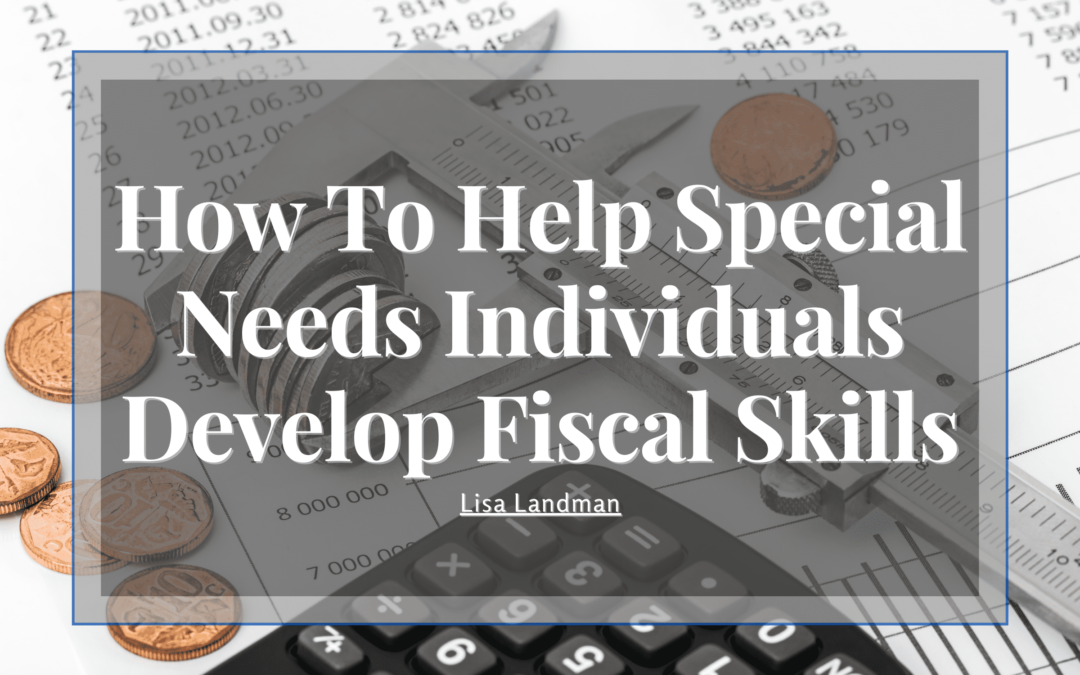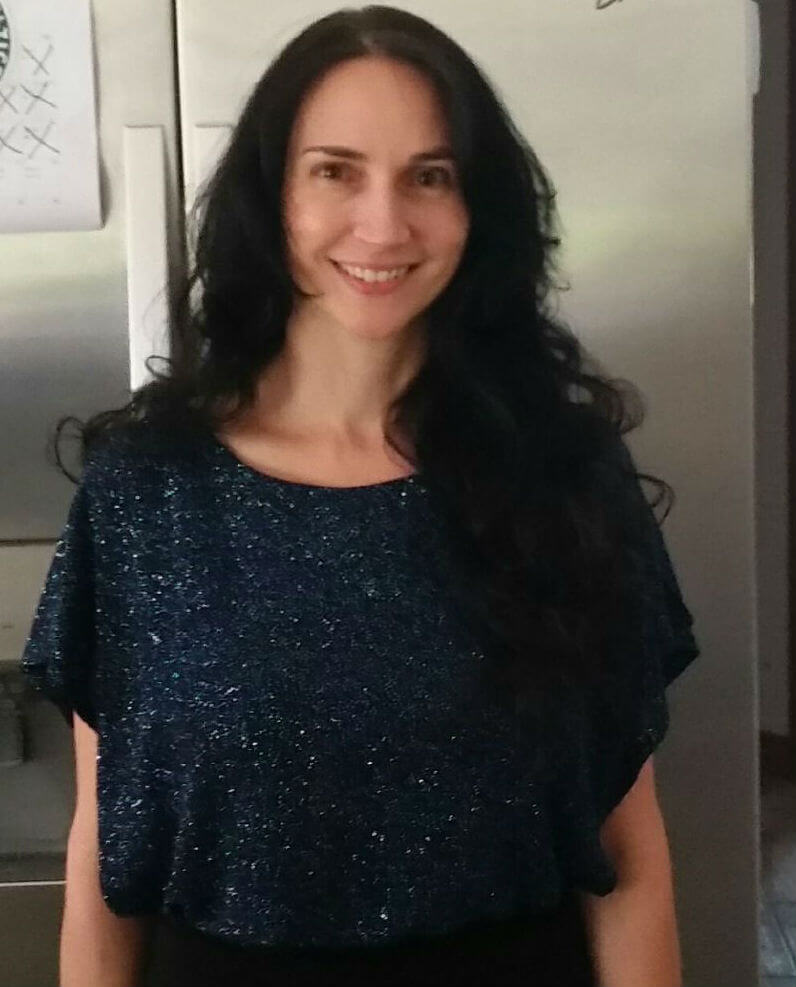Taylor Carty was born with cerebral palsy. Despite her disability, Carty grew up with her own savings and checking account. At 23, the recent college graduate was contemplating how to pay for medical school. Although she’s in her 20’s, Ms. Carty qualifies for Med-Cal, the California Medicaid program. The Medicaid programs pay for whatever Taylor Carty’s health insurance cannot cover. Carty did not want her medical expenses to interfere with affording medical school.
To qualify for Medicaid, Taylor Carty would have had no more than $2,000 in assets, including savings and checking accounts. Carty knows that the only way to keep Medicare and be able to go to medical school is to sign up with ABLE Accounts.
Taylor Carty uses video conferencing from Ballard, California, while working as a research affiliate for the University of California located in Santa Barbara. Carty has another job; she’s a research assistant at Burton Blatt Institute that is part of Syracuse University. Taylor Carty serves as an ambassador for ABLE National Resource. Carty can have it all with ABLE Accounts.
A federal law passed in 2014 enabled ABLE Accounts to help disabled people learn how to handle their finances. The new Federal law enables disabled people to save money and not lose insurance benefits.
The ABLE Accounts is meant to be like a 529 college savings plan. Withdrawals are tax-free. ABLE Accounts should not be a replacement for any other services one is receiving. The ABLE National Center runs the ABLE Accounts that allows account holders to be more autonomous, flexible, and have more of a financial awareness than ever before.
The ABLE Account allows $15,000 in contributions a year that include wages. In some cases, an account holder can contribute more than $15,000 in contributions annually. Every ABLE Account holder should be a disabled person whose disability happened before the age of 26. An ABLE Account is easier to set up and has more financial autonomy. The savings from an ABLE Account can be used for college tuition, housing, horseback riding lessons, Lyft rides, health, computers, and more. Friends and family can contribute to the ABLE Account. The ABLE National Resource, online, is a great place to go to open an ABLE Account.


